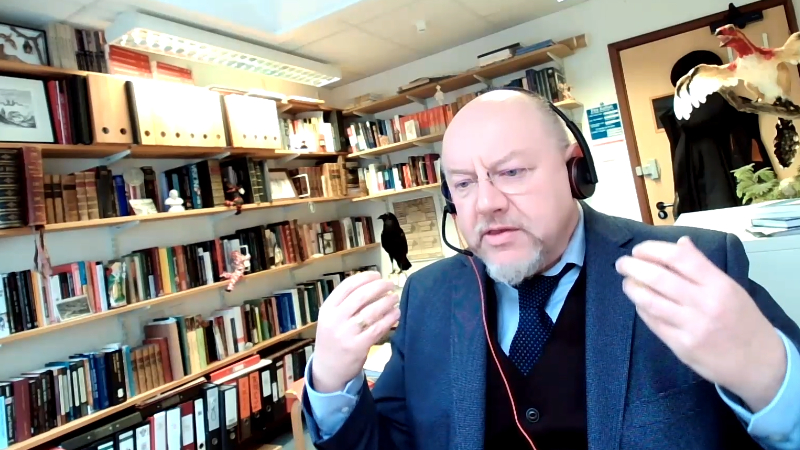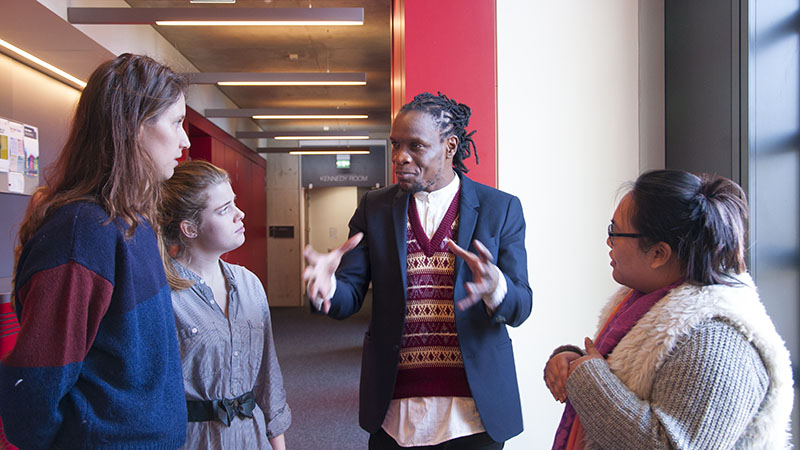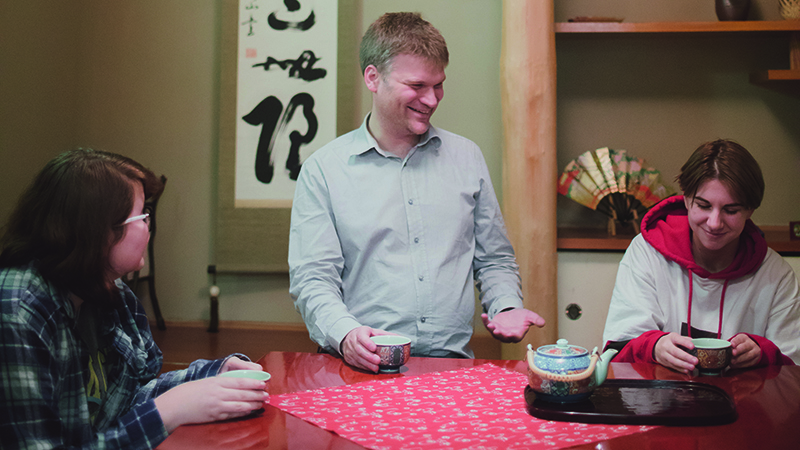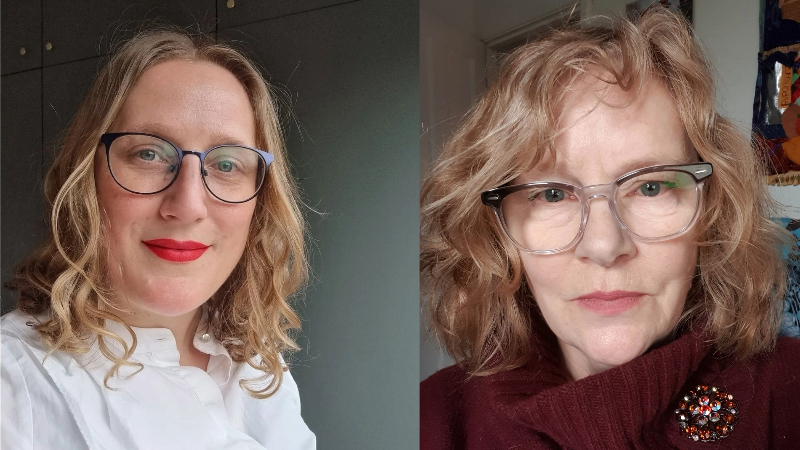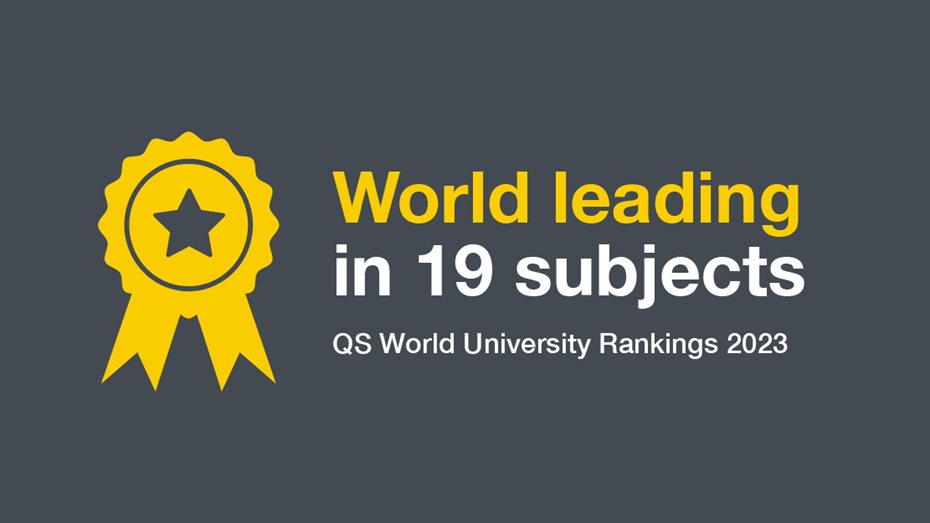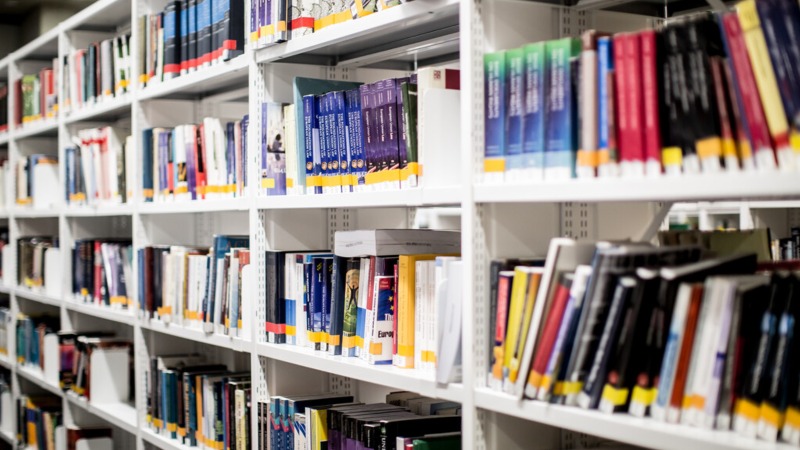The School of Education, Humanities and Languages is a vibrant and inclusive community, teaching and researching at the cutting edge of a wide range of subjects. We bring together experts in: communications, media and culture; creative writing; drama, theatre and acting; education (including teacher training); history; history of art; Japanese studies; liberal arts; literature; modern languages; and philosophy. All our subjects engage with how they affect society and culture today.
The size and scope of the School enables our staff and students to develop interests in their own field and across subjects. Our location in Oxford means we have partnerships with world-leading cultural organisations and museums, while being firmly rooted in the local community through our work with employers, community groups and schools.
Our students are taught by globally renowned staff and develop skills of communication, analysis, critical thinking and research which are highly valued by employers. Our students regularly gain practical experience, including through studying abroad or work placement opportunities
Find out more about the School of Education, Humanities and Languages by visiting the links below.
